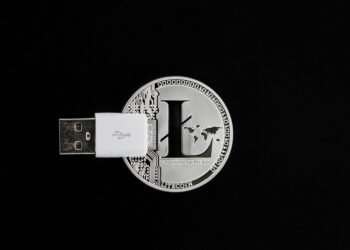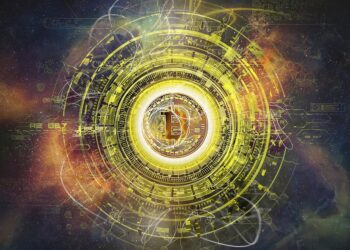Digital assets have been making waves in the financial market in recent years, with the rise of NFTs (non-fungible tokens) and tokenization gaining popularity among investors and collectors alike. NFTs are unique digital assets that represent ownership or proof of authenticity of a specific piece of digital content, such as art, music, or even tweets. Tokenization, on the other hand, involves turning real-world assets, such as real estate or stocks, into digital tokens that can be bought, sold, and traded on blockchain platforms.
The popularity of NFTs can be attributed to the rise of blockchain technology and the increasing acceptance of digital currencies like Bitcoin and Ethereum. NFTs have gained mainstream attention due to high-profile sales of digital artworks, music albums, and even tweets by celebrities and artists. These unique digital assets have created a new marketplace for collectors and creators to buy, sell, and trade digital content in a decentralized and secure manner.
Tokenization, on the other hand, offers a way to digitize real-world assets and create new investment opportunities for individuals and institutions. By tokenizing assets like real estate, companies can fractionally sell ownership stakes to a larger pool of investors, unlocking liquidity and reducing barriers to entry for traditional investments. Tokenization also allows for greater transparency and security, as transactions are recorded on a blockchain ledger and can be easily tracked and verified.
The rise of digital assets like NFTs and tokenized assets has sparked a debate among investors and regulators about the future of finance and the implications of this new digital economy. Some see the potential for greater financial inclusion and accessibility, while others warn of the risks of speculative investments and potential fraud in the digital asset space.
As the market for digital assets continues to grow, it will be crucial for regulators to establish clear guidelines and protections for investors. At the same time, companies and creators will need to navigate the legal and technical challenges of tokenization and NFTs to unlock the full potential of these innovative new technologies.
In conclusion, the rise of digital assets like NFTs and tokenization is transforming the way we think about ownership, investment, and value in the digital age. As the market continues to evolve, it will be important for investors and creators to understand the opportunities and risks of this new digital economy and to stay informed about the latest developments in the space.








